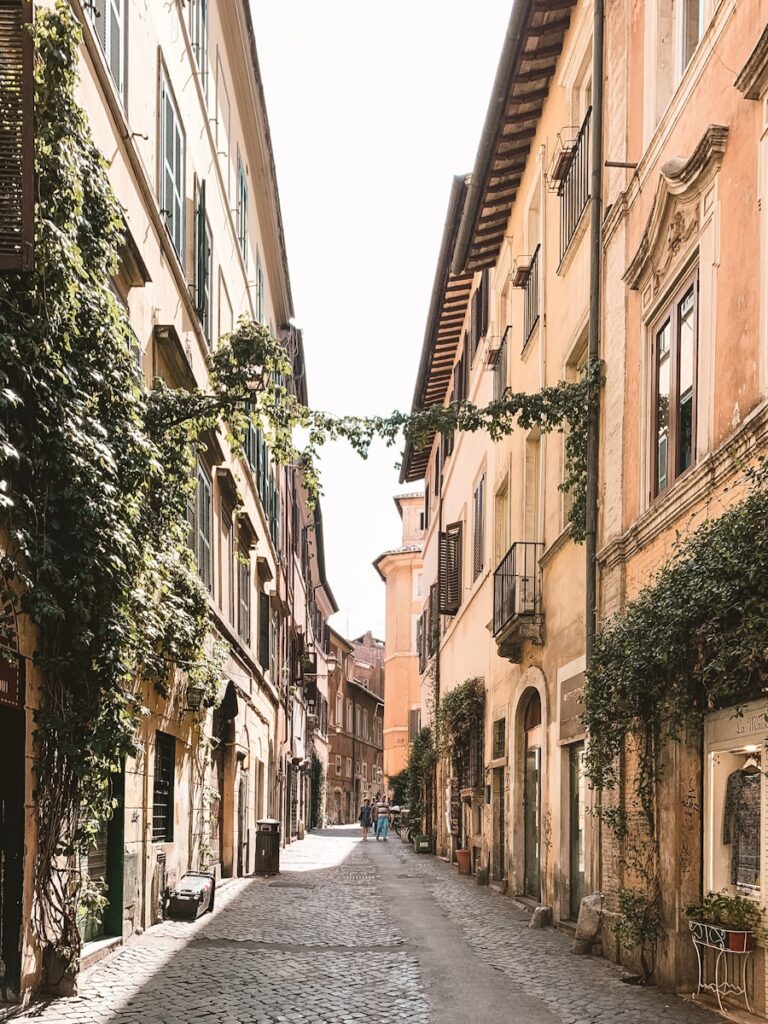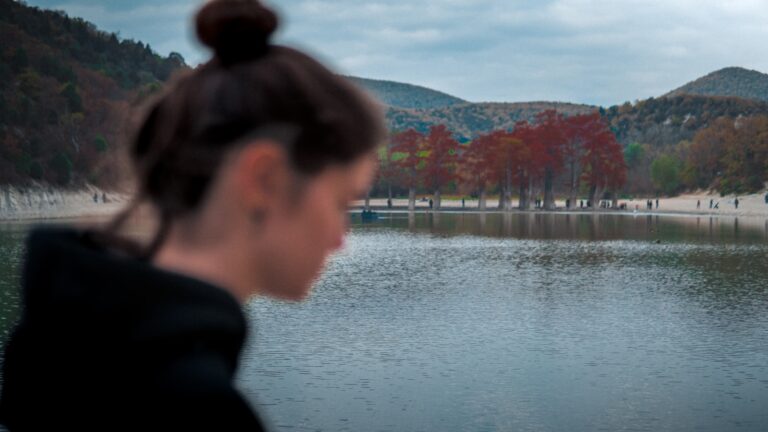IN THE HEART OF THE EARTH
When thinking of Rome, it seems that in the minds of many who follow the tour, only the Colosseum, the Pantheon, and the marble statues adorning the Trevi Fountain come to mind. Few people know that there is another Rome hidden beneath the ground.
The capital of Italy boasts many famous and wonderful tourist attractions! It is easy to keep tourists here for a whole week.
Rome is an ancient city, with many tunnels, catacombs, and ruins beneath the ground that once served as hiding places for those considered outlaws and provided escape routes for them in times of danger.
Archaeologists continue to delve underground, researching and excavating to uncover more layers of ancient civilizations hidden within. However, with what has been uncovered, it is enough for Rome’s tourism industry to introduce to travelers who want to escape the beaten path of ground tours.

FAMOUS FOUNTAIN
Rome has over 2,000 fountains, but only one is a place where many tourists want to go, a place where quite a few people have dreamed of visiting.That is the Trevi Fountain.
On busy days, the caretakers of the Trevi Fountain can collect up to… 3,000 euros.Because tourists eagerly toss coins over their left shoulder into the pond.
However, many tourists who toss coins don’t know that from this fountain, they can descend underground for an interesting experience. Vicus Caprarius, or the underground level of the Trevi Fountain, is one of the typical examples of ancient Rome beneath the ground.
According to documents I’ve read, Vicus Caprarius was discovered during the renovation of a cinema – the Trevi Theater – in 1999.The renovation was immediately halted when city officials were informed that something unusual was beneath the ground.
After clearing the soil and debris that had long been disturbed, archaeologists excavated and discovered maze-like passages and the foundations of the old Aqua Virgo aqueduct.
They also discovered a residential area from the first century. They named this place Water City. Initially, it was a place where the poor lived. Later, around the fourth century, wealthy nobles flocked here, buying houses and building magnificent mansions with marble facades.
While excavating, archaeologists also discovered a series of interesting artifacts. For example, a collection of bronze coins was found in a wall niche. They believe that in 455 AD, their owner hastily hid them when Rome fell into the hands of the rebels. The owners of the small-value coins at that time seemingly never managed to recover their wealth.
Then archaeologists also discovered African pottery that people at that time used to store olive oil, and intricate decorative sculptures; even a bust, believed to be of a famous figure – Alexandre Helios.
A practical tip: To fully enjoy the Trevi Fountain experience, it’s best to go early to avoid the crowds, as Italy has reopened to foreign tourists.And take a few selfies, then toss a coin into the fountain.Then, dive underground to explore a corner of ancient Rome.
The underground level of the Trevi Fountain is just one location, albeit the most famous. There are still other places to escape the beaten path – after three visits to the Italian capital, we eagerly followed an experienced guide to explore further.
One of the best places to continue experiencing is the San Clemente Church. Since it is just a small basilica, San Clemente is not a church that many people know about. But it is a place that can teach tourists a lot about the past of the city of Rome.
In 64 AD, a major fire broke out in Rome, destroying a significant part of the city. Near the Roman Colosseum, a simple house and a luxurious villa were built on the ashes of a warehouse.This is the very place where the entire history of Christianity began.
At that time, Christianity was banned.But precisely because of that, it made this religion stronger.The owner of the luxurious villa was a Christian; this person had converted and opened their home to Christian believers to pray and honor God together, secretly.
At the beginning of the third century, a mysterious sect named Mithras developed.In the courtyard of the ordinary house adjacent to that luxurious villa, a temple of this cult was built.That is where the members of this sect worship and pray; many of them were royal soldiers.
But then the Mithras cult waned, while Christianity grew stronger each day, especially after it was recognized to become public; also in the third century.
Today, one can visit this historic basilica of San Clemente, enjoying the original artworks from the 12th century that have been preserved.You can also go down into the ancient, now damp, passages to further explore the remnants of devout Christians through various periods, including some of the oldest Christian frescoes in the city of Rome.
You can also visit the very ancient Mithras temple, right next to San Clemente.Many images of the Mithras cult have been preserved, including the depiction of the deity of the cult being born from a rock and the sacrifice of a bull.




